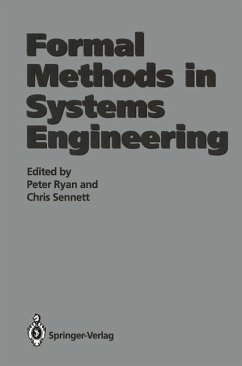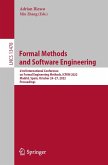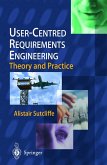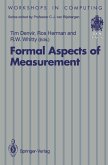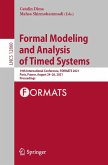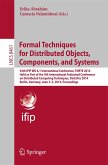As computer technology is used to control critical systems to an increasing degree, it is vital that the methods for developing and understanding these systems are substantially improved. The mathematical and scientific foundations currently used are extremely limited which means that their correctness and reliability cannot be ensured to an acceptable level. Systems engineering needs to become a fully fledged scientific discipline and formal methods, which are characterised by their firm mathematical foundations, are playing a vital role in achieving this transition. This volume is based on the proceedings of the Formal Methods Workshop (FM91), held in Drymen, Scotland, 24-27 September 1991. This was the second workshop sponsored by the Canadian and US governments to address the role of formal methods in the development of digital systems. Traditionally, formal methods have evolved in isolation from more conventional approaches, and one of the aims of this workshop was to emphasise the benefits of integrating the two areas. The workshop concentrated on the themes of quality assurance, design methods and mathematical modelling techniques. Particular emphasis was given to safety and security applications. Among the topics covered in this volume are: what is a formal method?; social research on formal methods; current quality assurance methods and formal methods; a pragmatic approach to validation; integrating methods in practice; composition of descriptions; and topics in large program formal development. Formal Methods in Systems Engineering provides an overview of many of the major approaches to formal methods and the benefits which can result from them. It is relevant to academic and industrial researchers, industrial practitioners and government workers with an interest in certification.
Dieser Download kann aus rechtlichen Gründen nur mit Rechnungsadresse in A, B, BG, CY, CZ, D, DK, EW, E, FIN, F, GR, HR, H, IRL, I, LT, L, LR, M, NL, PL, P, R, S, SLO, SK ausgeliefert werden.

